Laemmle Theatres and the Anniversary Classics Series present the classic 1946 detective mystery THE BIG SLEEP starring Humphrey Bogart and Lauren Bacall in a series of three screenings at different locations: August 31 (Royal in West Los Angeles), September 1 (Playhouse in Pasadena), and September 2 (Newhall in Santa Clarita).
THE BIG SLEEP is an engrossing mystery thriller that has defied classification since its premiere in 1946. Although it is now considered a cornerstone of film noir, critics and journalists through the years have also described it as a black comedy and even a “screwball love story.” Deftly directed by Howard Hawks and written by William Faulkner, Leigh Brackett and Jules Furthman adapting Raymond Chandler’s first novel, it is the second teaming of Bogart with his wife Lauren Bacall, after the two created a screen sensation in Hawk’s To Have and Have Not in 1944. The film is noted for its convoluted plot (just try to follow it), partially because several scenes were re-written and re-shot for the second, final release in 1946. (A 1945 version was shown to U.S. troops overseas at the end of WWII.) The 1946 official release was added to the National Film Registry in 1997, and it is this version that we will present.
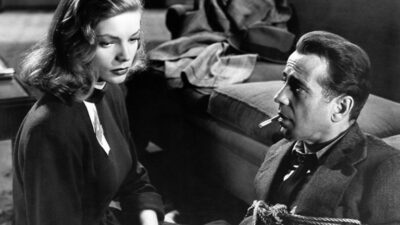
Bogart’s turn as shrewd shamus Philip Marlowe solidified his reputation, and Chandler praised him as “so much better than any other tough-guy actor.” His verbal interplay with Bacall flirted with contemporary screen censorship, as the duo wove the mystique of “Bogie and Bacall.” Critics of the day were as baffled by the plot as audiences, but as Leonard Maltin has pointed out, the movie is “so incredibly entertaining that no one has ever cared.” That high entertainment quotient stems from Hawk’s sharp direction, the biting and witty script, actors at the top of their game (Dorothy Malone, Martha Vickers, and Elisha Cook Jr. among them), atmospheric black-and-white cinematography by Sid Hickox, and a noteworthy music score by Steiner.
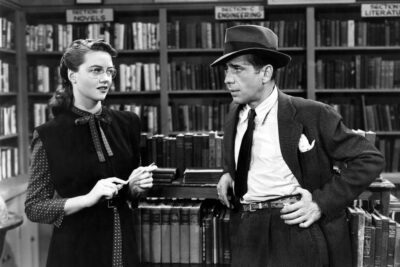
Steven C. Smith, a four-time Emmy-nominated journalist and producer of more than 200 documentaries about music and cinema, will offer a special introduction and discuss the contribution of the film’s composer, Max Steiner, to the success and enduring appeal of the film at the Royal and Playhouse screenings. His recent book, Music by Max Steiner: The Epic Life of Hollywood’s Most Influential Composer, has been acclaimed as the definitive biography of Steiner and a major contribution to film history study. The book will be available for sale and signing by the author at his two appearances.
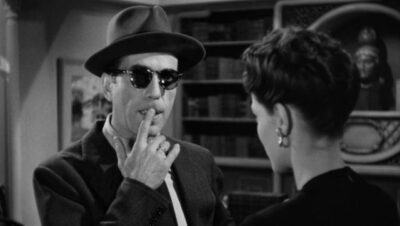

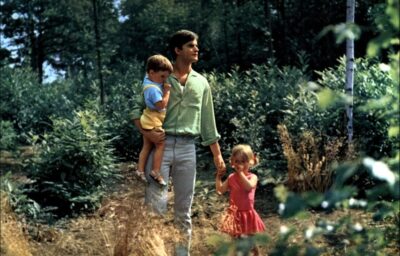
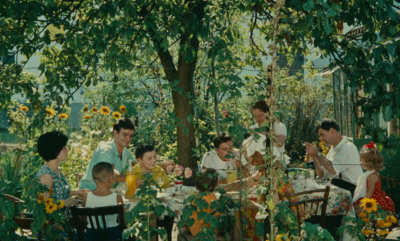
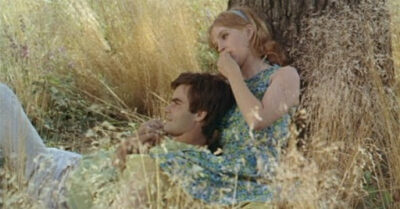

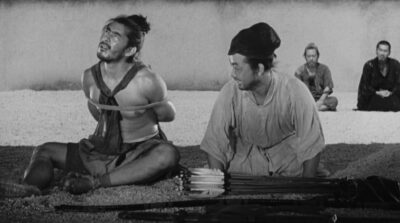
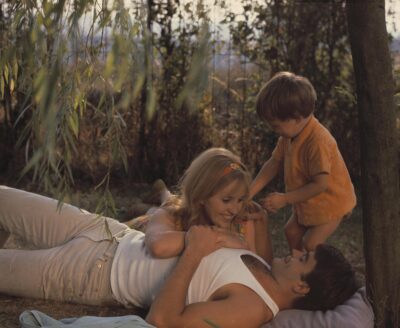
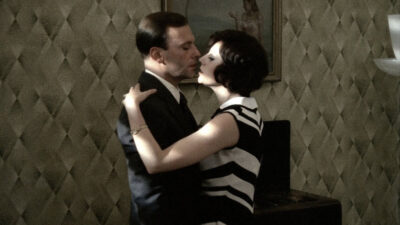
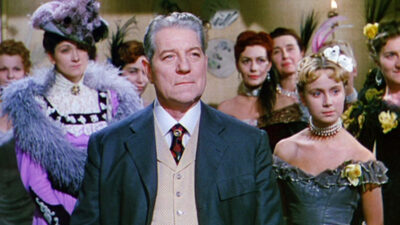
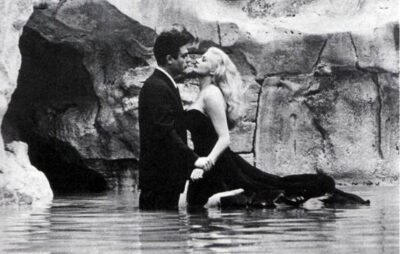
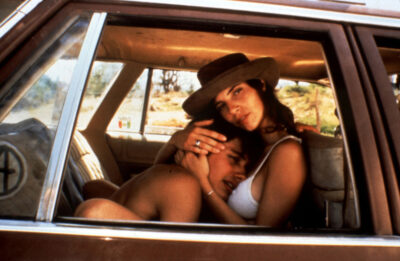
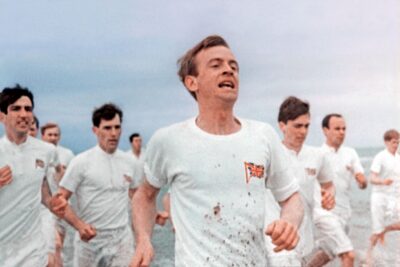
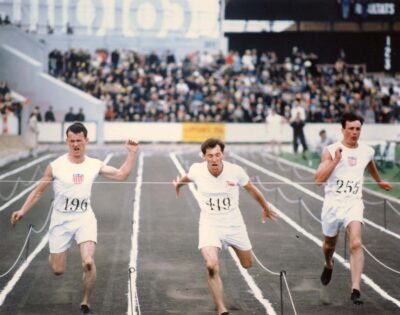
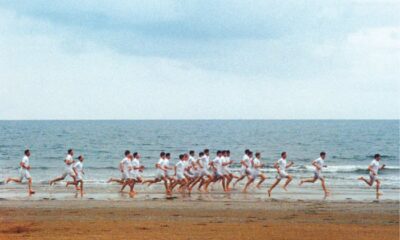
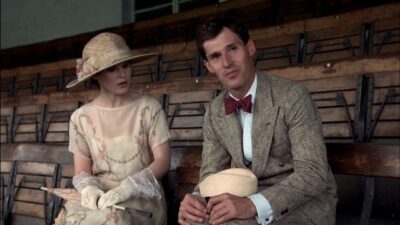
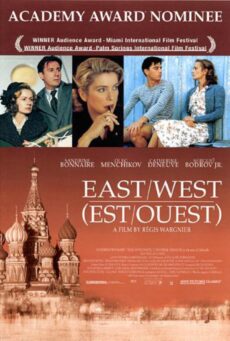 Laemmle Theatres and the Anniversary Classics Series present this month’s film in our popular Anniversary Classics Abroad program: Regis Wargnier’s compelling and increasingly timely thriller,
Laemmle Theatres and the Anniversary Classics Series present this month’s film in our popular Anniversary Classics Abroad program: Regis Wargnier’s compelling and increasingly timely thriller, 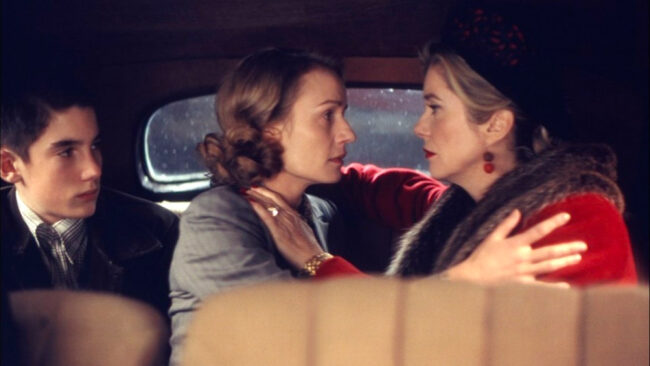
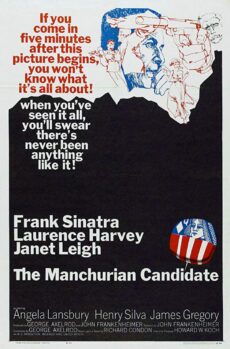 Laemmle Theatres and the Anniversary Classics Series invite you to celebrate the publication of Stephen Farber and Michael McClellan’s new book, Cinema ’62: The Greatest Year at the Movies, with screenings of one of the most memorable movies from 1962, John Frankenheimer’s The Manchurian Candidate.
Laemmle Theatres and the Anniversary Classics Series invite you to celebrate the publication of Stephen Farber and Michael McClellan’s new book, Cinema ’62: The Greatest Year at the Movies, with screenings of one of the most memorable movies from 1962, John Frankenheimer’s The Manchurian Candidate.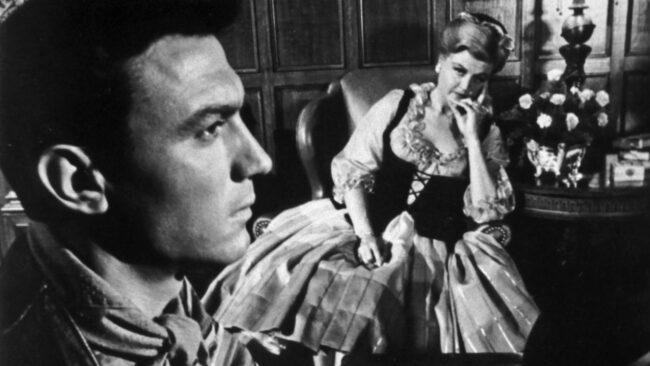
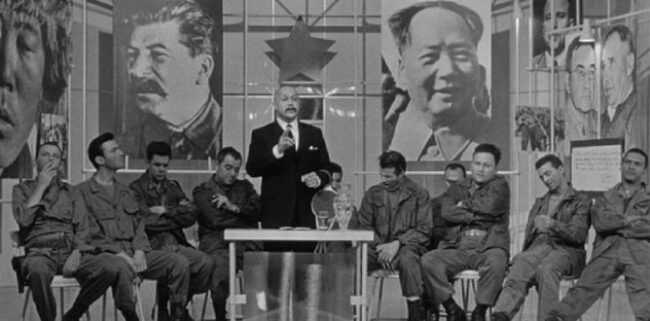
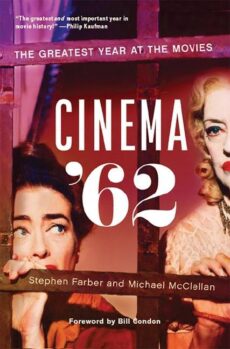 Cinema ’62 provides fascinating anecdotes about this classic thriller and about many of the other masterpieces of this landmark year. Read all about them after you enjoy this innovative, frightening, wickedly funny, and ever-timely highlight from a year full of cinematic wonders.
Cinema ’62 provides fascinating anecdotes about this classic thriller and about many of the other masterpieces of this landmark year. Read all about them after you enjoy this innovative, frightening, wickedly funny, and ever-timely highlight from a year full of cinematic wonders.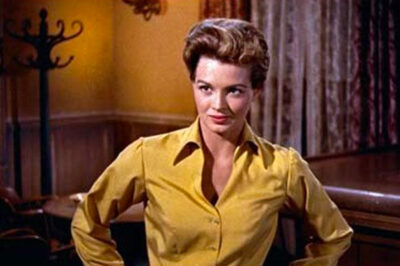 Laemmle Theatres and the Anniversary Classics Series present one of the best-loved westerns of all time, Howard Hawks’ 1959 action romp,
Laemmle Theatres and the Anniversary Classics Series present one of the best-loved westerns of all time, Howard Hawks’ 1959 action romp, 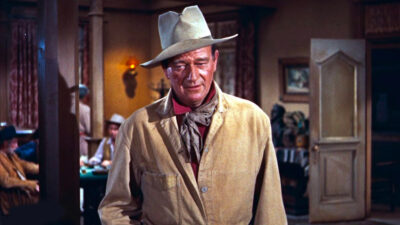 The story by B.H. McCampbell (Hawks’s eldest daughter Barbara) presents a fairly simple tale. Wayne plays a sheriff in a small Texas town who is holding a murderer (Claude Akins) in the town jail until the marshal can move him to a nearby penitentiary. But the killer’s brother, a wealthy rancher with a large gang of confederates, intends to break the prisoner out of jail. Wayne’s character is vastly outnumbered, but he turns to an unlikely posse—a drunken deputy (Martin), a helpless cripple (Brennan), and a young greenhorn (Nelson), along with a visiting lady gambler (Dickinson).
The story by B.H. McCampbell (Hawks’s eldest daughter Barbara) presents a fairly simple tale. Wayne plays a sheriff in a small Texas town who is holding a murderer (Claude Akins) in the town jail until the marshal can move him to a nearby penitentiary. But the killer’s brother, a wealthy rancher with a large gang of confederates, intends to break the prisoner out of jail. Wayne’s character is vastly outnumbered, but he turns to an unlikely posse—a drunken deputy (Martin), a helpless cripple (Brennan), and a young greenhorn (Nelson), along with a visiting lady gambler (Dickinson).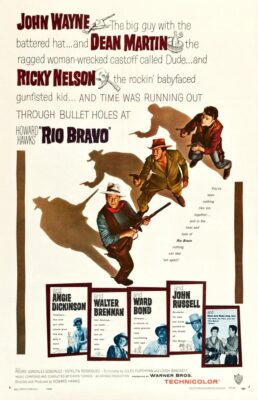 Brackett surely contributed to the vitality of Angie Dickinson’s character, Feathers, a tough, sassy woman who more than holds her own in confrontations with Wayne. The Los Angeles Times took special note of Dickinson, saying, “starmaker Howard Hawks has worked some of the same kind of magic as he did with Lauren Bacall in To Have and Have Not.” Indeed, some of the memorable repartee between Bogart and Bacall in that film was recycled effectively in Rio Bravo.
Brackett surely contributed to the vitality of Angie Dickinson’s character, Feathers, a tough, sassy woman who more than holds her own in confrontations with Wayne. The Los Angeles Times took special note of Dickinson, saying, “starmaker Howard Hawks has worked some of the same kind of magic as he did with Lauren Bacall in To Have and Have Not.” Indeed, some of the memorable repartee between Bogart and Bacall in that film was recycled effectively in Rio Bravo.